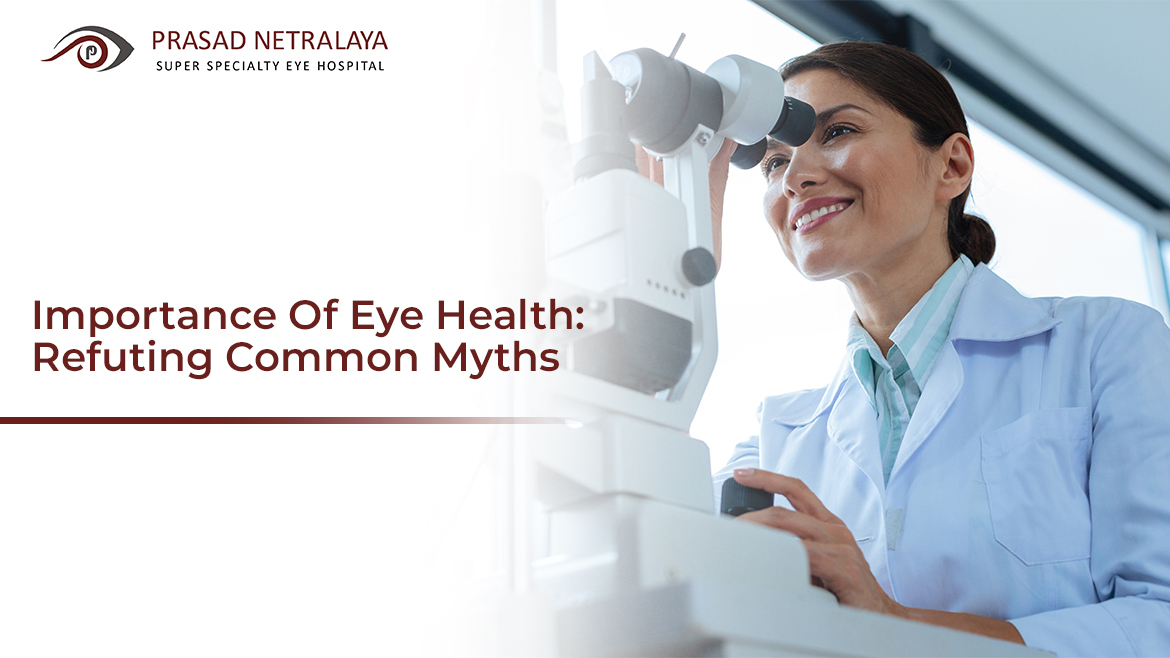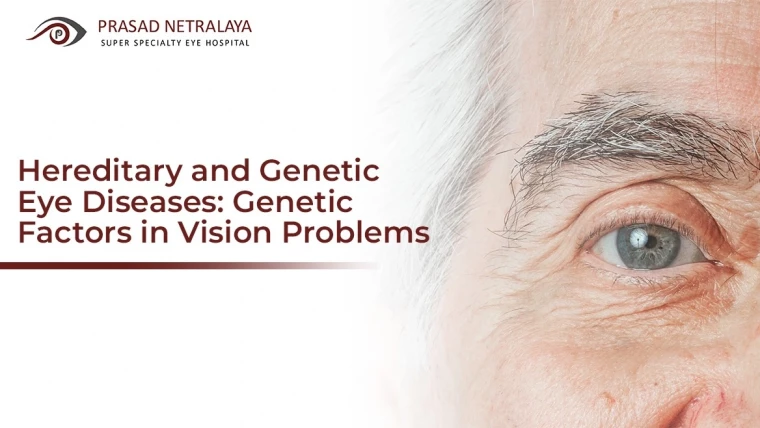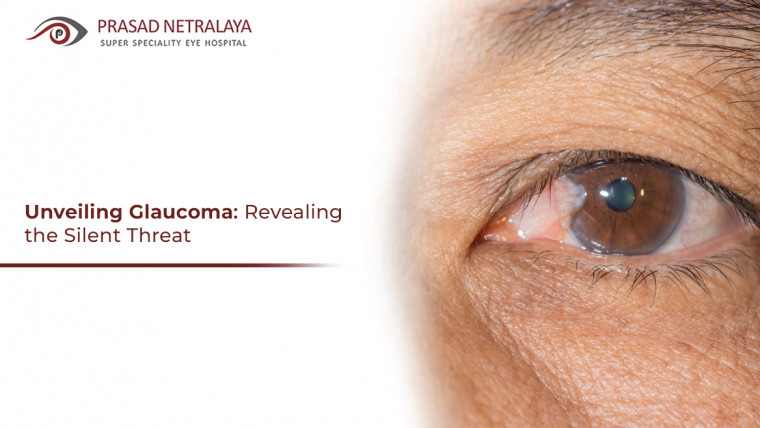The human eye is a popular subject for art and music; even sonnets and songs are dedicated to it.
We all rely on them for more than just their aesthetic value; good eyesight is necessary for activities as varied as driving, typing, reading, and simply appreciating the world around you.
You can’t neglect the importance of eye health, but there are some myths out there surrounding how to do it. And while they’re not harmful, it certainly does help to know the truth.
So, here are five common myths about eyesight.
Table of Contents
Myth #1: Screens Affect Your Eyes
Does staring at a screen damage eyesight? No.
Don’t fret; your eyes have not been irreparably damaged by all of your time spent in front of screens. Electronic equipment like computers, cellphones, and tablets emit blue light, but it’s not strong enough to cause your eyes permanent damage.
When you stare at nearby objects for an extended period of time, your blink rate decreases, which is why your eyes feel dry after using a computer or smartphone. As a result, your eyes might quickly tire out.
After two hours of screen use, 90% of college students in one research reported experiencing computer vision syndromes (CVS) symptoms such as eyestrain, dry eyes, and headaches.
CVS can be prevented by increasing blink rate, using adequately fitted glasses or contacts, and taking frequent rests to let the eyes relax and readjust their focus.
Myth #2: You Don’t Need An Eye Test if Your Vision Hasn’t Changed
Associate professor at the Illinois College of Optometry in Chicago, Raman Bhakhri, O.D., says problems including glaucoma, macular degeneration, and diabetic retinopathy can strike without warning. Early detection may prevent further progression of these three diseases that can cause permanent vision loss or even blindness if left untreated.
In addition, to detect issues like brain tumours, diabetes, and high blood pressure, an eye exam may provide information about the state of your blood vessels, nerves, and connective tissues.
The importance of your eye health cannot be ignored. If you are between the ages of 40 and 64, you should get a full eye checkup every two years. If you are over the age of 65, or if you have risk factors like diabetes, high blood pressure, or a family history of eye illness, you should get one every year.
Myth #3: Crossing Your Eyes Permanently Crosses Them
Almost everyone’s heard this one from their mothers growing up. However, it couldn’t be farther from the truth. Your eye muscles are meant to move in various directions, allowing you to see in many directions.
Looking left, right, up, or down or even crossing your eyes won’t permanently cross them. In fact, crossed eyes are a result of disease, uncorrected refractive error, or muscle or nerve damage.
Myth #4: Wearing Glasses Weaken Your Eyes Over Time
Eyeglasses are used to correct problems like farsightedness, nearsightedness, astigmatism, etc., but they won’t weaken your eyes.
Likewise, they won’t permanently cure them either. Glasses are just aids to correct vision defects from refractive errors.
The only exception where glasses actually help correct your eyes is when they’re given to children with crossed eyes or lazy eyes. The temporary use of glasses helps straighten their vision.
Myth #5: Eating Carrots Can Improve Your Eyesight
The importance of eye health does not revolve around eating carrots, as we’re sure you’ve commonly heard. No matter how many carrots you consume, they will not improve your night vision. No diet can enhance eyesight, despite evidence that carotenoids (beneficial micronutrients in carrots) can lower the incidence of cataracts and macular degeneration.
Carrots aren’t the only eye-friendly vegetable; broccoli, leafy greens, spinach, summer squash, and peas also include plant pigments like lutein and zeaxanthin and antioxidant vitamins like C and E. Glare, and bright light may be stressful to the eyes, but research from the University of Georgia in Athens discovered that carotenoids alleviated this strain. Omega-3 fatty acids found in fish like salmon, cod, tuna, and halibut are also crucial for maintaining healthy eyes.
Also Read : Can an Eye Exam Detect Heart Problems? Here is the Answer!
Importance of Eye Health and Why It Matters
Now that you know some of the myths and facts about eyes and how to care for them, it’s time to take your eye health more seriously.
The importance of eye health can’t be ignored, so we highly recommend doing an eye test every year. We invite you to reach out to us here at Prasad Netralaya — one of the top eye hospitals in India — if you have any questions or would like to get an eye exam.



